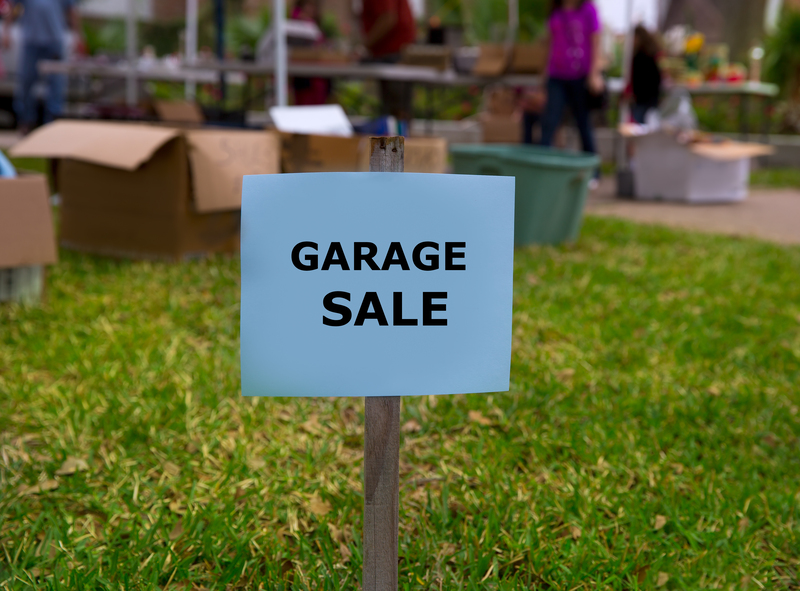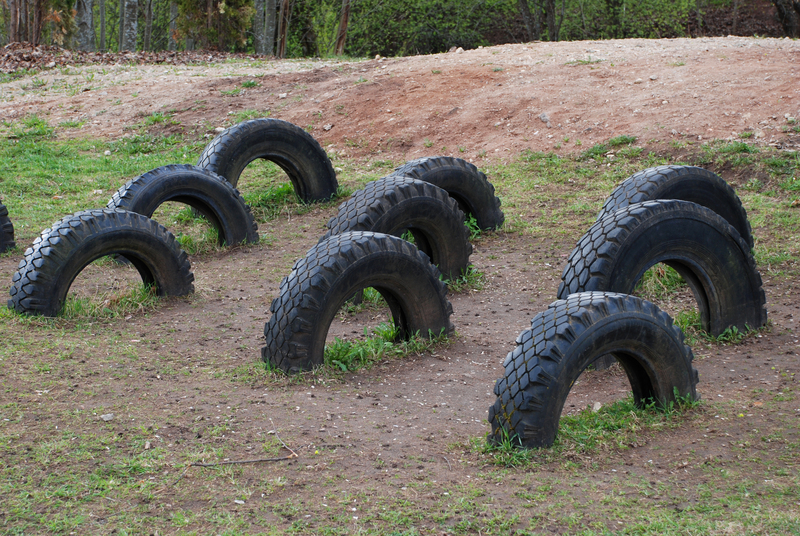
Diving Into Hard Rubbish: Precise Disposal Guidelines
The process of disposing of hard rubbish often leaves individuals with a multitude of questions and challenges. As urban spaces become increasingly conscious of the environmental impacts, understanding the art of proper disposal becomes all the more crucial. This comprehensive guide aims to navigate you through the nuanced intricacies of hard rubbish disposal, ensuring your impact on the planet is minimized.
What is Hard Rubbish?
Before delving into disposal methods, it is essential to identify what constitutes hard rubbish. Typically, this term refers to large household items that aren't collected in regular trash services. Examples include:
- Old furniture such as sofas and tables
- Electrical appliances like refrigerators and washing machines
- Mattresses and bed frames
- Fitness equipment
- Building materials including timber and metal scraps
These items are tricky to handle due to their size, weight, and potential hazardous components. Let's dive deeper into effective disposal strategies.
The Importance of Proper Hard Rubbish Disposal
Improper disposal of hard trash can lead to a myriad of environmental and social issues:
- Environmental Impact: Landfills are not a sustainable option given their limited capacities. Hard rubbish can lead to increased landfill contributions, contributing to soil and water contamination.
- Economic Costs: Municipalities bear the brunt of illegal dumping clean-ups, affecting community budgets that could benefit other sectors.
- Health Risks: Items like old appliances pose health risks if disposed of improperly due to chemicals such as refrigerants in old AC units that contribute to ozone depletion.
Understanding these impacts highlights the need for precise disposal guidelines to ensure individual actions contribute to a broader societal benefit.
Methods of Disposing of Hard Rubbish
1. Council Collection Services
Most urban areas offer scheduled hard rubbish collections through local councils. These services are a convenient option, and understanding their schedules and regulations is crucial.
- Research Collection Dates: Check your local council's website for scheduled collection dates and guidelines. This ensures you're putting out items at the right time, avoiding clutter and penalties.
- Preparation: Some councils require items to be separated based on material type (e.g., metals, woods) to streamline the recycling process. Carefully adhering to these guidelines assists in maximizing recycling efforts.
2. Recycling and Upcycling Centers
With the rise of sustainability consciousness, many centers are dedicated to recycling or upcycling large household items, reducing landfill contributions:
- Contact Local Recycling Centers: These centers often accept large items and recycle component materials. Research local options that might accommodate your disposal needs.
- Engage in Upcycling: Consider giving your items a second life through creative upcycling projects. Online communities offer inspiration for transforming old pieces into functional art or furniture.
3. Selling or Donating Items
Not all hard rubbish should be discarded. Some pieces can still serve others:
- Online Marketplaces: Platforms like Craigslist or Facebook Marketplace allow users to sell items, attracting buyers looking for discounted household goods.
- Donate to Charities: Charities often accept items in good condition to help those in need. Check with local organizations for any material-specific requirements.
Handling Hazardous Materials Safely
When disposing of hard rubbish items that contain hazardous materials, safety becomes paramount:
- Identify Hazardous Components: Items such as old TVs, computers, and refrigerators require special attention due to chemicals like mercury and lead.
- Secure Hazardous Waste Disposal: Contact local waste management facilities to learn about safe disposal options for hazardous materials. They may provide free or subsidized drop-off points.
Final Thoughts on Hard Rubbish Disposal
Diving into hard rubbish disposal doesn't have to be daunting. By understanding local regulations, recycling potentials, and alternative disposal methods, you can manage your household's waste responsibly. Not only does this protect our environment, but it also bolsters community sustainability efforts. Your choices ripple far beyond your household, reinforcing the essential link between individual action and collective environmental stewardship. Make your hard rubbish disposal an act of conscience and care.
